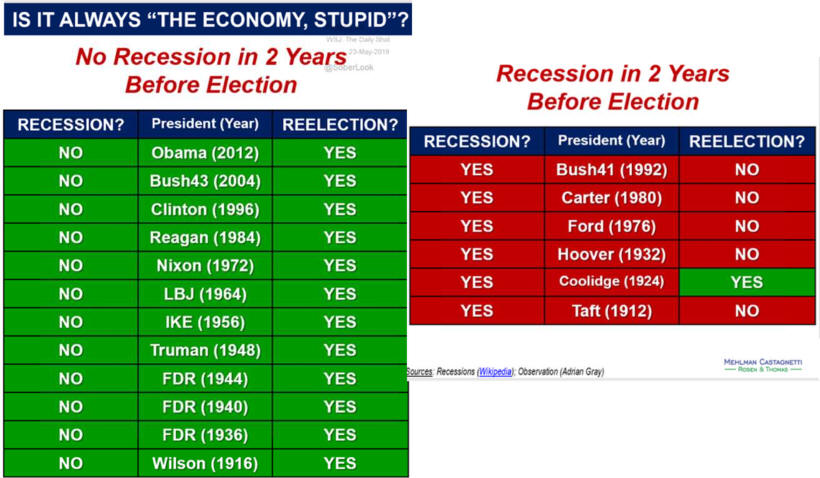Basic Concepts
Building a Democratic Federalist Republic
US Politics
5.
Political Economy Book Summaries
6.
Editor's Special
Topics
1. Learning
Subject Supplements
Accounting
Pre-Algebra
Calculus
Economics
Statistics
Excel
Minitab
SPSS
TI-84
Teacher Resources
Classroom
Curriculum
Economics Resources
Excel for Educators
Teacher Stuff
Reflections of a Lifelong Teacher
Test Reviews
Accounting
Statistics
Pre-Algebra
Economic
Test Prep
AP, SAT Test Prep
Choosing a College/Major
Importance of Grades
Passing Math Test
TOFEL
Textbooks
High
School Textbooks
Children's e-books
Arts/Science
Classic
e-books
Homeschooling
Young Readers
Mobile e-books
Classic Economics e-books
Business e-books
Business Textbooks
Business Course Materials
Video Lectures
Accounting
I and 2 Videos
Accounting, Managerial
Algebra
Videos, Pre
Algebra Videos
Calculus, 1, 2, & 3
Computer and Math Videos
Economics,
1 & 2
Econometrics
Economic Thought, History of
Educational Audio, Videos
Environmental
Economics
Financial
Crisis Videos
Market System Capitalism
Political Economy
Political Economy, Current
Psychology
101 Videos
Basic
Statistics
Behavioral
Science Statistics
Social Sciences Statistics
Using Excel
Using Minitab
Using SPSSS
Using TI-84
Computers
Computers Books-Business
Computer Books-Technical
Business Software
C++ Internet Library
Excel
Excel Statistics Lab Manual
Programming Textbooks
Software
Tutorials
TI-84 Internet Library
Word Internet Library
3. History
Rating U.S. Presidents
C-SPAN
Ranking the U.S. Presidents
3 min video
The Presidents
web page
Topic Videos 93 min video
4
Presidential Policies Destroying a Nation
Military Decisions Adams to Obama
Pass/Fail Analysis of 20th Century Presidents
Historians Judge Our Presidents
10-Worst Presidents
America's Democratic Imperialism
Scandals
Pardons
Independent Investigations
Crimes of Post WW 2 Presidents
Noam Chomsky
Two Great American Intellects:
Gore Vidal and Noam Chomsky
Analyzing Presidents
Brave Leaders and How They Changed America 1789-1989
by M. Beschlos
from
Presidential Courage
1)
G. Washington
made voters unhappy with the Jay Treaty and Taxes
2)
J. Adams avoided a Quasi-War with France which cost him
reelection.
3)
A. Jackson Took On
Eastern Oligarchs to
Serve Rural America.
4)
A. Lincoln required freeing the slaves as
a condition of saving the Union.
5)
T. Roosevelt took on corporate RR trusts for consumers and farmers.
6)
FDR took an
unpopular stance by planning for war
but still reelected.
8)
JFK
push school integration
despite potential political opposition.
9)
R. Reagan hastened the end of the Cold War with deficit spending.
More Analysis
American Dynasty 6p
Aristocracy, Fortune, and the
Politics of Deceit in the House of Bush
Kevin Phillips
Thomas Jefferson
8p
The Art of Power,
Jon Meacham
Second Chance
Three Presidents and the
Crisis of America Superpower,
by Z. Brzezinsk
6p
American History
History of the United States 1619-1973
American Nations:
History of the 11 Rival Regional Cultures of
North America
Turning Points:
Colonial Period
Growing a Democracy
Growing a Nation
Protecting a Divided Nation
Constitution
Building a Constitution
Governing a Democratic Federal National Republic
Constitutional History of the United States
20th Century
Decade Evaluations
Decade Ranking
Political Economy Chronology
Business Cycles
Political Cycles 1896-2019
Economic History
Decades Chronology
Major Events
Cost of War
Geopolitics of Wars
Education
Change
Economic Normality 1788-1864
Economic Normality 1865-1900
Economic Normality 1900-1945
Economic Normality 1945-2015
Post WW 2 Economic Adjustments
Post WW2 World Economic Adjustments
U.S. Government and Politics
Do Economics Causes Fake News
Concise Studies
Abortion History
American
Nations
American Unions
Conservatism vs. Progressivism
Decades
Ranked by Problems
Economic Growth
Recession. Great
Recessions, Most Severe US
Socialism: A Concise History
U.S. Banking, History of
Taxing the Rich
Capitalism Not to Blame for Middle-Class Plight
Will Inflation/Growth Solve the Deficit Problem?
Will Debt Bring Down U.S. Capitalism?
US Political Economy
US Politics
Capitalist, Democratic, Federalist, and Republic Defined
Capitalism
US Federalism
Making
Laws in US Democracy
Supreme Court Management
Supreme Court Power Continues
Political Economy Eras
1) 1788-1824
Founding Fathers and England's Political Influence
Ends South Has Some
Success in
Controlling Northern Business Interests